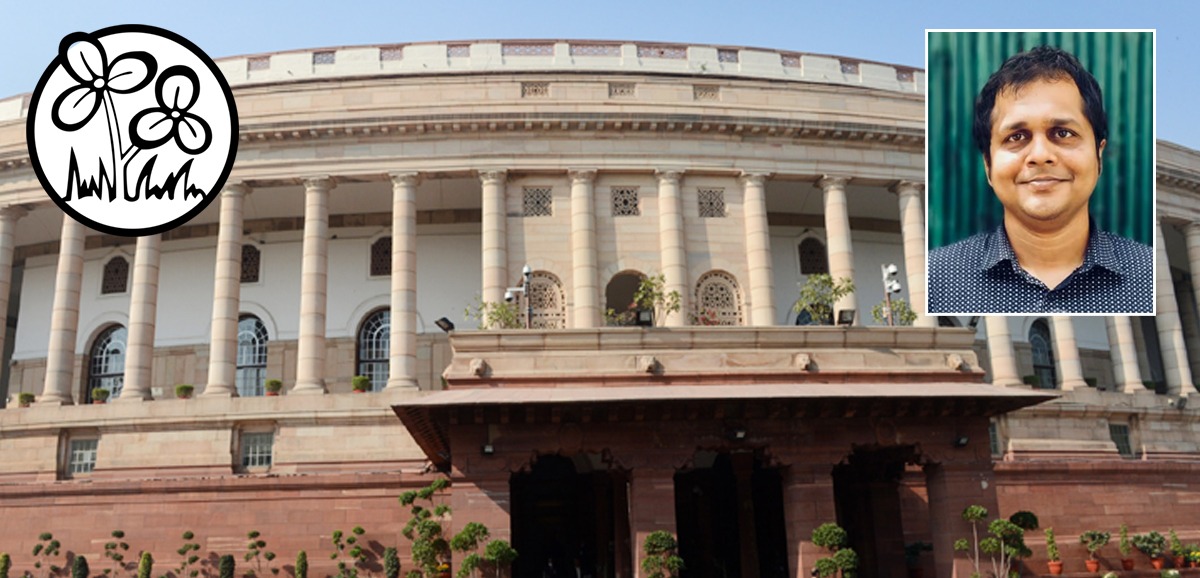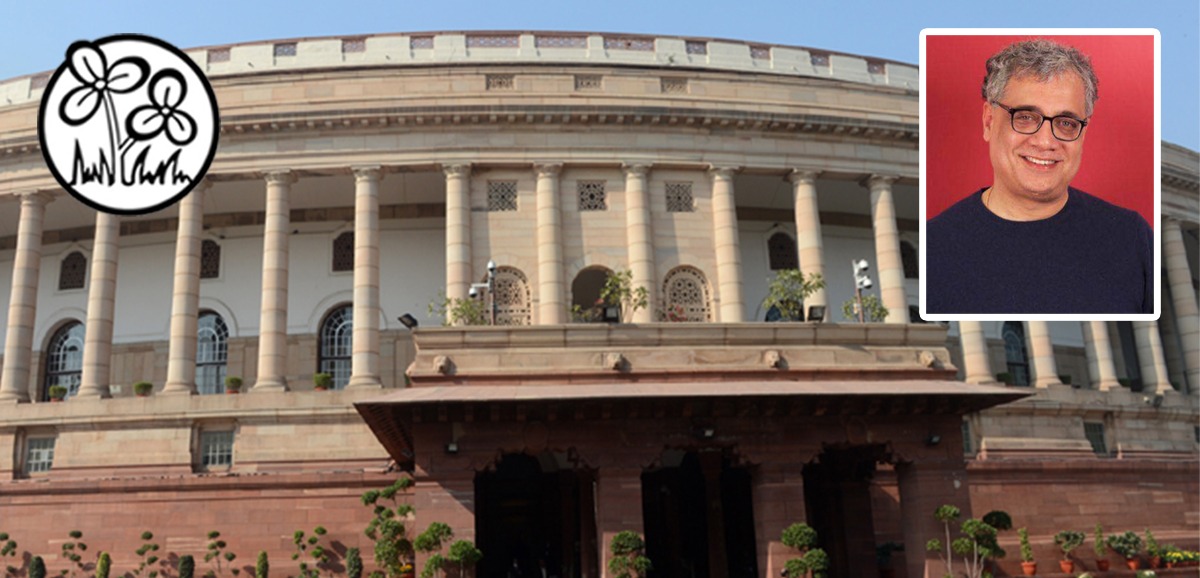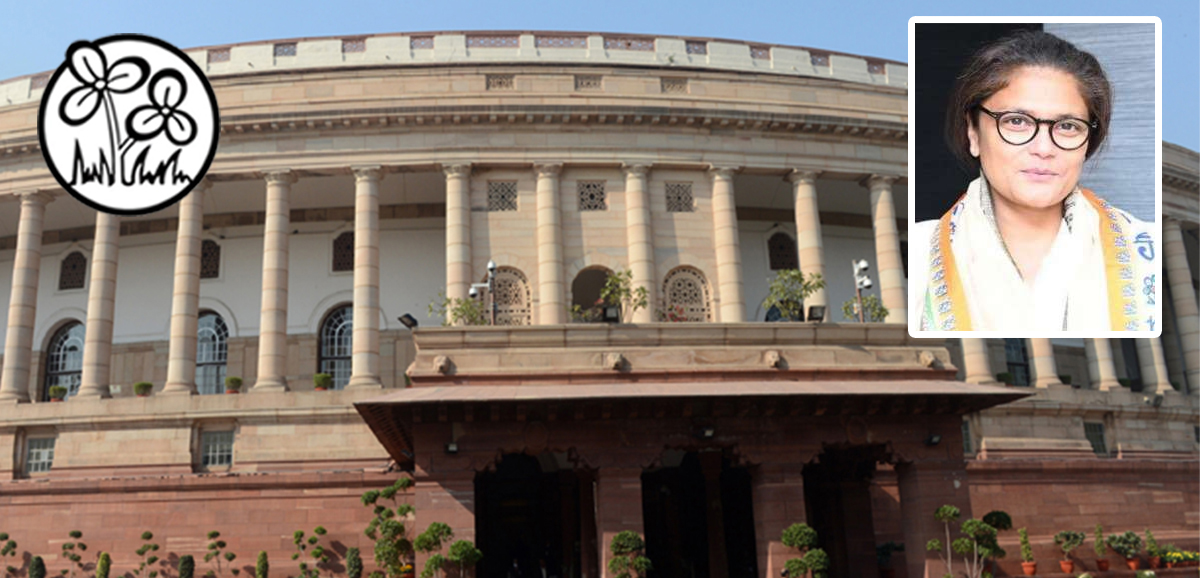Sir, today the debate is a very novel experience for me for the reason that we are debating the Appropriation Bills regarding the Union Budget and, at the same time, we are debating the General Budget of the State of Manipur. How to get my head around the figure? But in the last 10 minutes, I am feeling slightly more confident about this speech because if a Member of the Council of Ministers can mistake a debate on a ‘Ministry’ with ‘Budget’, then, I am sure that this House will give me some leeway. Hon. Finance Minister is amongst us; I am happy to see that. As regards to Union Budget, an additional spending of about Rs.6,78,508.10 crores for 2025-2026 with 52 Grants and 3 Appropriations passed in the Lok Sabha, have come to the Rajya Sabha and have to be returned from here. The backdrop is grim and I would not like to repeat all the points that various Members of the Opposition have already stated in the discussion on the General Budget. I am sure that the entire nation knows what the state of affairs is when it comes to household savings, food inflation, income inequality, share of manufacturing, unemployment, etc., and the value of the rupee. This Government has kept us all very busy in slogans. There is one particular slogan about which, I think, every Member will speak and the hon. Member, who spoke just before me, also spoke about it. It is coined by none other than the BJP; it is aggressively used by none other than the hon. Prime Minister and the Ministers of the Government of India. It is ‘double engine’. What does the word ‘double engine’ means in a campaign in a State Legislature? I do not know. But I can give a plethora of examples, and this is my view that ‘double engine’ comes as an intimidation to the people of the State. If you want the desired rate of progress in your State, then please do vote for the BJP because the BJP is in the Centre. That is how the term ‘double engine’ has been coined. You may say that this is a bald allegation; it is not relevant to a debate on Supplementary Grants but I will try my best to justify myself. In the case of Bengal, we hear all the Ministers constantly targetting Bengal. You have heard our hon. Members of Parliament representing Bengal repeatedly saying that Rs.1.7 lakh crores under various Heads from the Centre are pending for the State of Bengal — Rs.7,000 crore of NREGS depriving 59 lakh workers and Rs.8,000 crore of Awas Yojana. I am very relieved that it is the Standing Committee, none less than the Standing Committee, which, at page 63, para 3, strongly recommended the release of NREGS funds to Bengal. It is strongly recommended. While expressing its disappointment for no increment in the Budget for NREGS, they have called NREGS a social security that actually helps in giving 100 days of employment to people who wish to work, but do not have employment. I want to tell the hon. Minister that you talk about irregularities, but the NREG, which is an Act and not some ordinary scheme, in Section 27, does put some duty upon the Government of India. What is that? It states that if there is an irregularity, you can investigate, you can institute an inquiry, you can send a team, look at it, but it is incumbent on the Government of India to institute proper remedial measures for proper implementation within a reasonable period of time. Since the last Assembly election, this is pending. There is a case pending in the High Court, but the Government of India is refusing to solve this problem. This is not an attack on the hon. Chief Minister, Ms. Mamata Banerjee; this is a direct attack on the people of Bengal, and I once again appeal that on humanitarian grounds, please release this fund. Today, my colleague, Shri Ritabrata Banerjee, has already stated. It is not just about Bengal today. I fee compelled to speak for Tamil Nadu and Kerala also, where their Railway Budgets have been consistently cut, and the figures are in my hand, but it has already been stated. This is another example of saying, This is an insult to our Constitution and our electorates who have repeatedly shown that they vote one way in the Panchayat; they vote another way in the Assembly; and, they chose to vote another way in the Lok Sabha. Every Chief Minister must accept it and every Central Government must accept it. From what? From cess. The Finance Commission has repeatedly said, please do away with the practice of increasing cess and surcharges for the simple reason that it adversely impacts the divisible pool of taxes. It is a less transparent way and the States do not get an allocation from it. But, till today, the Government of India is blind to those recommendations. So, your double engine, where you have BJP Chief Ministers, I speak to them and appeal to their conscience that you may think that you are one of the drivers in the State, but actually, you are not driving that second engine. Now, I come to Manipur. What has this double engine sarkar given to the people of Manipur? Manipur is burning, and I appeal to the hon. Finance Minister of India that today — what we expected for our neighbouring State, which is called ‘jewel of India’ — you will not give us a run-of-the-mill Budget. We do not want a run-of-the-mill Budget. It was a golden opportunity for the Prime Minister Modi to vindicate himself and I had introduced that idea in the Parliament saying, “Give them a package.” Today, I will not say that there are no allocations for Manipur. That would be lying. It is documented. Today, what are they saying? They are saying that we will give you Rs.500 crores in the Contingency Fund. Contingency Fund is for unforeseen circumstances or situations which the Assembly has not approved. And, I request the Minister to reconsider this. Internet shutdowns in Manipur alone have been for 212 days; 5,088 hours out of the total of 7,812 hours nationwide. What is the estimated loss? I am not saying this. Independent NGOs and reports are saying that the total loss to India is 585.4 million dollars, and 60 per cent of the Internet disconnect was in Manipur. So, let us make an estimate on what the loss is. The Government has said that it will give you PM-SHRI funds of about Rs.750 crores. I thank you for giving that.








